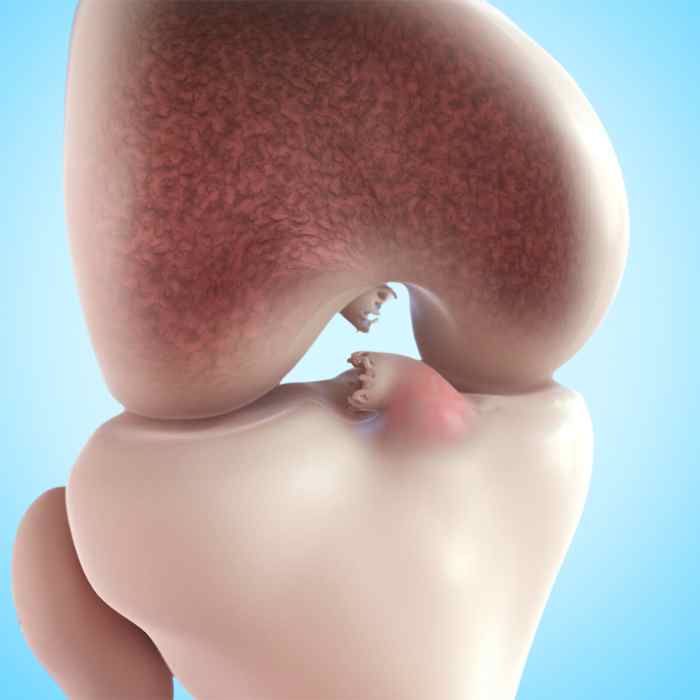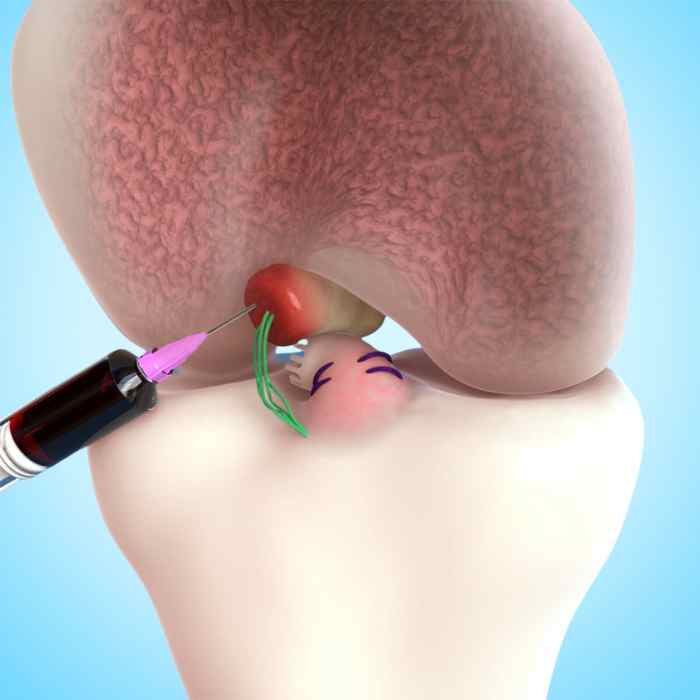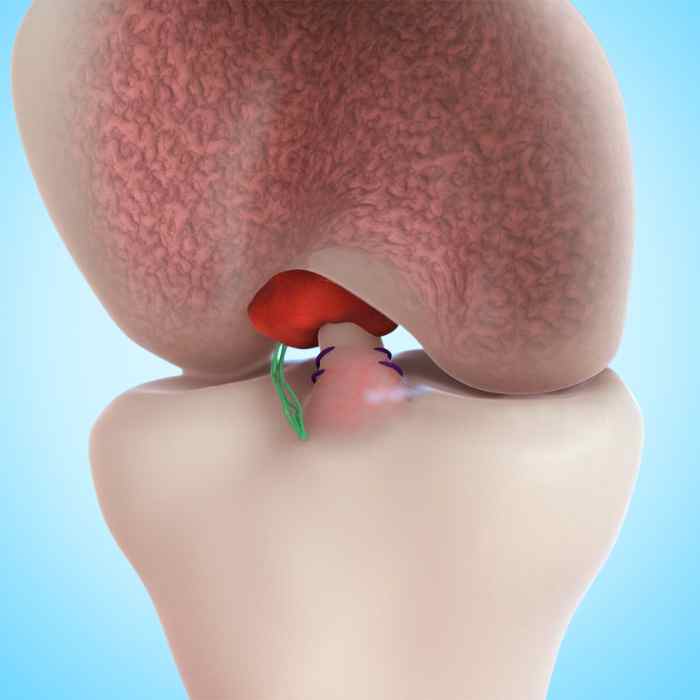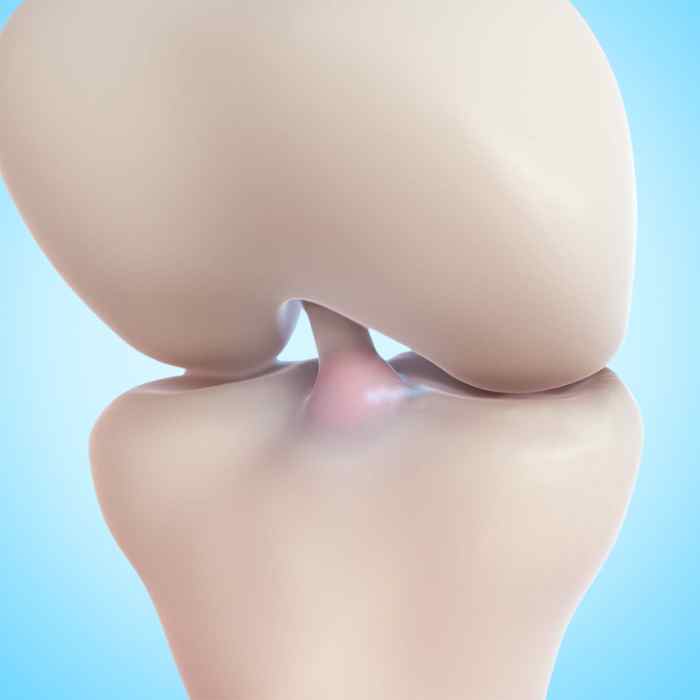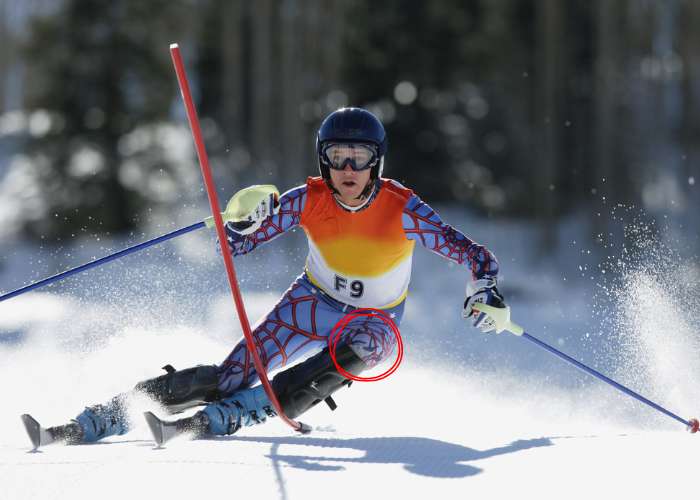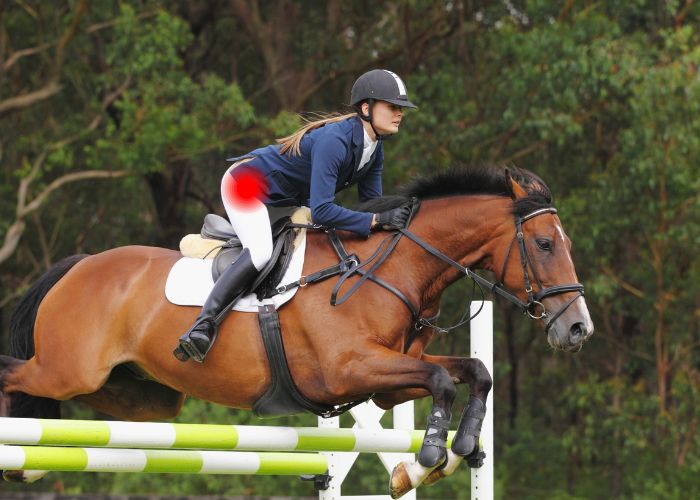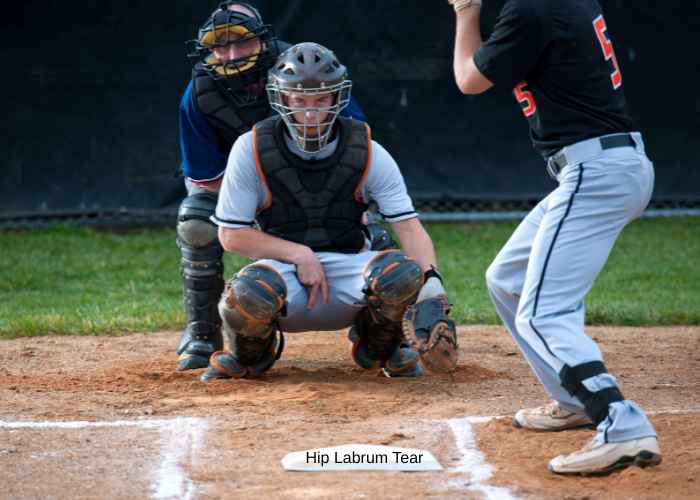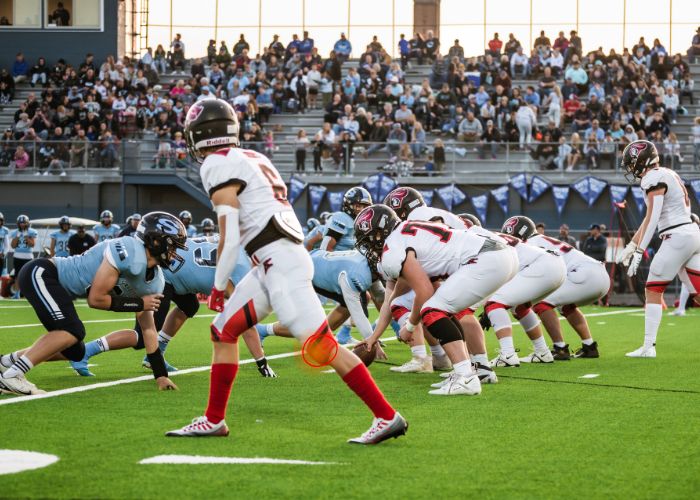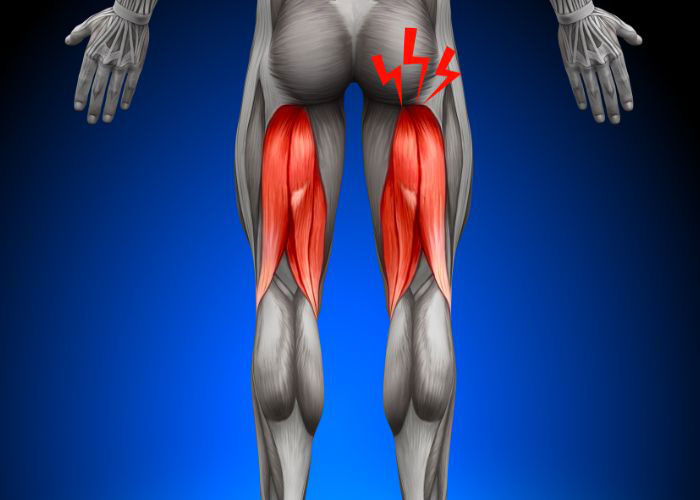ACL Repair with BEAR Implant Surgeon
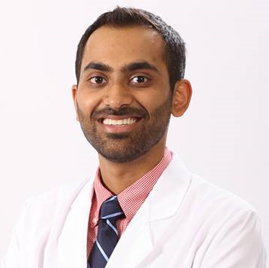
The BEAR (Bridge Enhanced ACL Repair) implant combines cutting edge technology with your own body’s ability to heal. Instead of removing a torn ACL, and replacing it with a tendon graft, the BEAR implant helps the ACL heal on its own. If you are an athlete, over the age of 14 and have a complete ACL rupture, you may qualify for the BEAR Implant. Dr. Ronak Mukesh Patel, provides diagnosis and both surgical and nonsurgical treatment options for patients in Sugar Land, Pearland, and the Houston, Texas area who have torn their ACL and are considering a BEAR Implant. Contact Dr. Patel’s team today!
What is a torn ACL?
The anterior cruciate ligament (ACL) in the knee is one of the most commonly injured ligaments in the body. The ACL can be injured by a direct blow to the knee, pivoting on a firmly planted foot, sudden changes in direction or sudden stopping. Athletes suffer the most ACL injuries, which can result in pain, knee instability and further knee injuries if not addressed.
What is the BEAR Implant for ACL Repair?
Traditional ACL tears are treated with reconstruction using a graft tissue similar to the original ACL from an autograft (from the patient) or an allograft (from a donor) to replace the original ACL. The procedure is fairly common and has a high success rate when done properly by an experienced surgeon like Ronak Mukesh Patel, who treats patients in Sugar Land, Pearland, and the Houston, Texas area who can benefit from the BEAR Implant.
The Bridge-Enhance ACL Restoration (BEAR) implant is a new, innovative medical advancement that enables the patient’s own body to heal their torn ACL. Instead of using “substitute tissue”, the BEAR Implant acts as a bridge to help the two torn ends of the ligament heal back together. It is different because it works with the patient’s own blood to heal the original ligament without removing and replacing it.
BEAR® Implant Illustrations provided by Miach Orthopaedics
Can the ACL heal without surgery?
The short answer is no. A completely torn ACL does not have the blood supply to heal a torn ligament. The knee contains synovial fluid, a thick slippery liquid that reduces friction and allows the bones to glide against each other without friction. Synovial fluid is important for painless joint movement, but it also prevents the formation of blood clots, which are crucial for healing.
The BEAR Implant is designed to serve as a scaffold to hold and protect the blood in the gap between the ACL ends to allow the formation and stabilization of a clot, which is necessary for healing.
How is the BEAR Implant or “Bridge Enhanced ACL Repair” different from ACL reconstruction?
A traditional ACL reconstruction replaces the original, torn ACL ligament with a substitute tendon or ligament. The BEAR Implant restores the native ACL.
Is Bridge Enhanced ACL Repair right for me?
There are a few criteria that make the BEAR Implant an attractive alternative over traditional ACL reconstruction, but not everyone is eligible. Requirements include:
- Patients must be 14 years of age or older, and skeletally mature (closed growth plates). This is something that will assessed by Dr. Patel with xrays.
- The ACL must have a complete rupture, as confirmed by Dr. Patel from an MRI.
There must be a remnant ACL stump on the tibial attachment, as confirmed by Dr. Patel from an MRI.
What is the BEAR Implant made of?
The BEAR Implant is a decellularized, bovine-derived, type I collagen implant that resorbs within 8 weeks of implantation. The process of decellularization removes the cellular compartment of living tissues, creating an acellular scaffold which can be used as tissue for healing. It’s unique to many other implants, because once it has done its job of rebuilding the ACL, the implant is absorbed into the body.
What are the benefits of the BEAR Implant?
Miach Orthopedics, the developer of the BEAR Implant, has listed the following advantages and benefits:
- Helps your own ACL heal
- Restores torn ACL quality and size similar to your non-injured ACL
- No need for grafts
- No second wound site that needs to heal
- No worries about donor graft site pain, quality, or risk of disease
- Faster recovery of muscle strength
- Can be done with a simple outpatient procedure
Is the BEAR Implant FDA Approved?
Yes! The BEAR Implant was cleared by the U.S. Food & Drug Administration through the De Novo Pathway.
Will my insurance pay for BEAR ACL Repair?
Coverage for any orthopedic procedure varies and depends on the type of insurance the patient has. In general, the BEAR implant is covered by most health insurance plans, but it is important to talk to your provider before surgery. We can help you work with your insurance company to determine coverage before surgery.
Will I need physical therapy after the BEAR implant.
Physical therapy is necessary after any ACL repair or reconstruction and this is also true for the BEAR Implant. There is a specific protocol suggested for physical therapy following the BEAR implant that our physical therapists can help you with for the best possible outcome.
You can learn more about the BEAR ACL repair by talking to Dr. Patel and by visiting the BEAR Implant website HERE.
